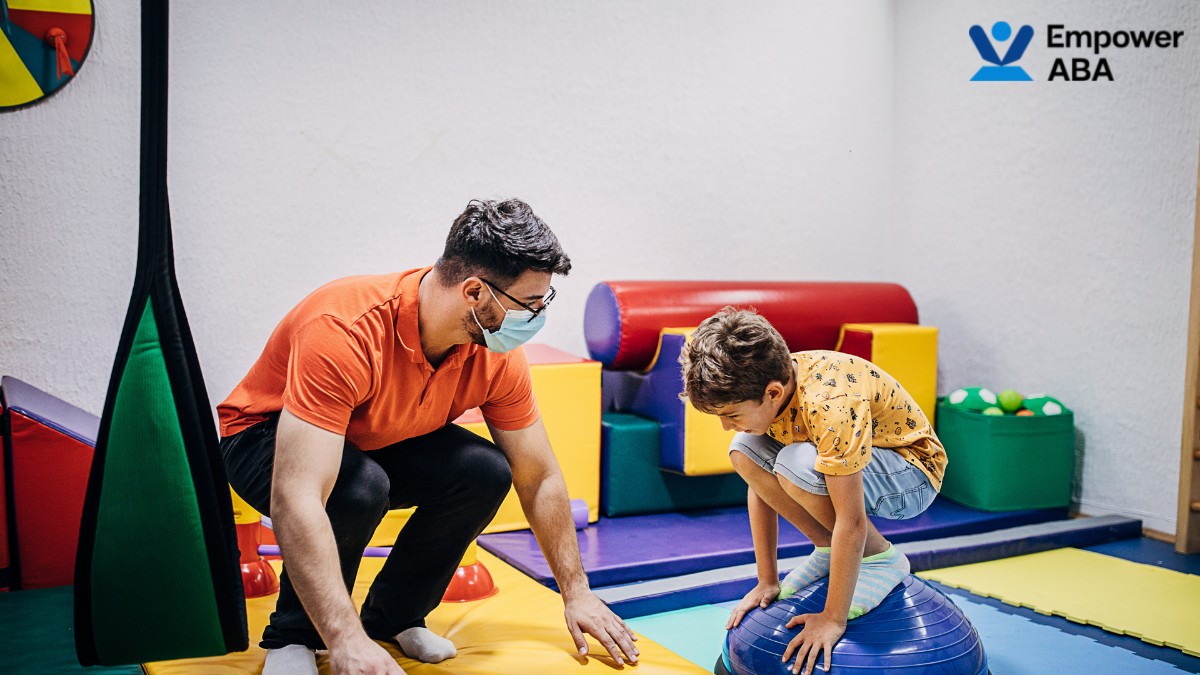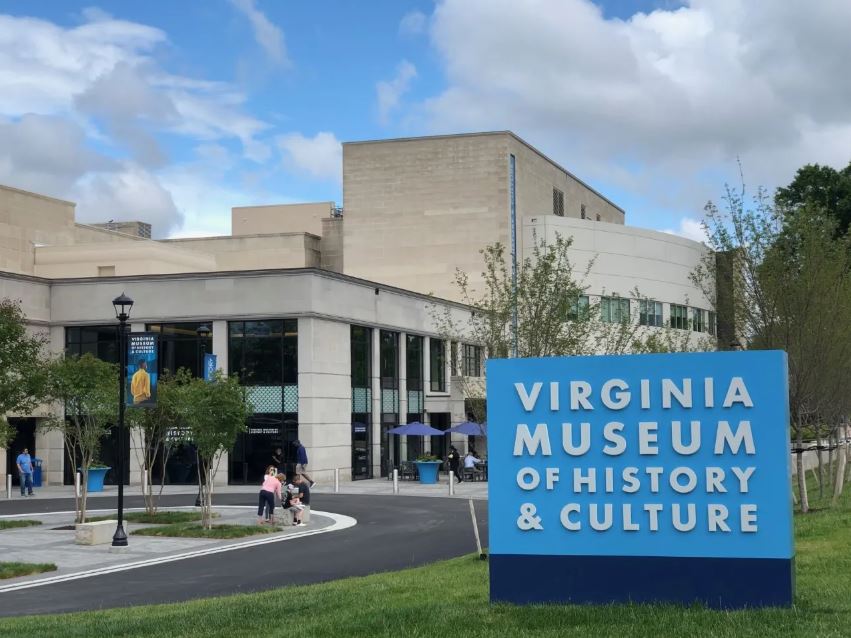Creating inclusive spaces isn’t just a trend—it’s a necessity. And now, the Virginia Museum of History and Culture (VMHC) is leading by example, announcing major changes that will make it more welcoming for individuals on the autism spectrum. With its recent designation as a Certified Autism Center (CAC), VMHC is setting a powerful precedent for how public institutions can better serve neurodiverse communities.
These changes are more than symbolic—they’re designed with intention, empathy, and a real understanding of what sensory-friendly experiences mean for individuals with autism.
A Museum Experience That’s Calmer, Quieter, and More Comfortable
Located on Arthur Ashe Boulevard in Richmond, VMHC has taken thoughtful steps to transform the museum into a space where autistic individuals and their families can truly enjoy their visit. Visitors can now access noise-canceling headphones and fidget tools free of charge—small items that make a big difference in reducing sensory overload.
Exhibits have been redesigned with low or no sound, dimmed lighting, and minimal visual distractions. Staff have undergone autism-specific training to provide compassionate, informed support. To kick off the initiative, the museum hosted a special “Sensory-Friendly Morning” in its interactive Lego exhibit, offering an engaging and accessible way for all guests to experience the museum at their own pace.

Why Sensory-Friendly Spaces Matter
For families of children with autism, everyday outings can be overwhelming. Crowded, noisy environments often lead to overstimulation, stress, or even meltdowns. That’s why sensory-friendly public spaces are so important—they allow individuals with autism to participate in community experiences without fear or discomfort.
VMHC’s transformation into a Certified Autism Center shows what’s possible when institutions prioritize accessibility and neurodiversity. It opens the door to education, exploration, and connection for families who may have felt excluded before.
Empowering Families Beyond the Museum
At Empower ABA, we love seeing more public spaces embrace inclusion—but we also know that true empowerment starts at home, with personalized support that meets each child’s needs. That’s why we offer experienced ABA therapists in Virginia who work one-on-one with children to build communication, social, and daily living skills that help them thrive both at home and in the community.
Whether it’s preparing for a museum trip or building long-term independence, our therapy programs are designed to support meaningful, everyday success.
Building Bridges Between Therapy and Community
As more institutions take steps like VMHC to become more accessible, the partnership between families, educators, and ABA professionals becomes even more essential. Together, we can create a world where neurodiverse individuals are supported, included, and celebrated.
Get in touch today to learn how our expert ABA therapists in Virginia can support your family on every step of your journey—from therapy at home to meaningful experiences out in the world.

